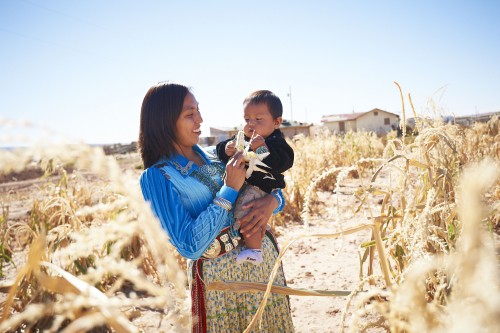
Impact of Prevnar-13 on pneumococcal carriage and disease among Native American communities
Navajo and White Mountain Apache reservation communities have a high burden of disease caused by the bacteria, Streptococcus pneumoniae (pneumococcus). Pneumococcal bacteria are a type of germ that normally live in the back of the nose. This is a state called ‘carriage’ and is usually harmless but sometimes the bacteria can cause serious diseases such as meningitis, pneumonia, or bloodstream infections. Pneumococcal bacteria are transmitted through coughing and sneezing.
About the original Prevnar-13 study
Prevnar-13 is a vaccine that prevents pneumococcal carriage and serious pneumococcal diseases. Use of Prevnar-13 began in April 2010 for children on the Navajo and White Mountain Apache reservations. In a study from 2010-2012 that enrolled Navajo and White Mountain Apache community members, researchers found that use of Prevnar-13 reduced pneumococcal carriage and disease in children (most of whom had been vaccinated), as well as in unvaccinated adults. This indirect or ‘herd’ protection in adults occurred because vaccination of children reduced carriage, making the children much less likely to pass the bacteria to adults around them.
Continuation of the Prevnar-13 study
In October 2015, enrollment of Navajo and White Mountain Apache community members reopened to re-evaluate the effects of Prevnar-13 on pneumococcal carriage and disease. The goal of this phase of the study was to determine if further reductions in carriage and disease have occurred after longer use of Prevnar-13 in the population.
This project was supported by the NIH (specifically NIMHD) and Pfizer, Inc. (manufacturer of Prevnar-13).
More information:
Impact of Prevnar13 on protecting against spread of disease